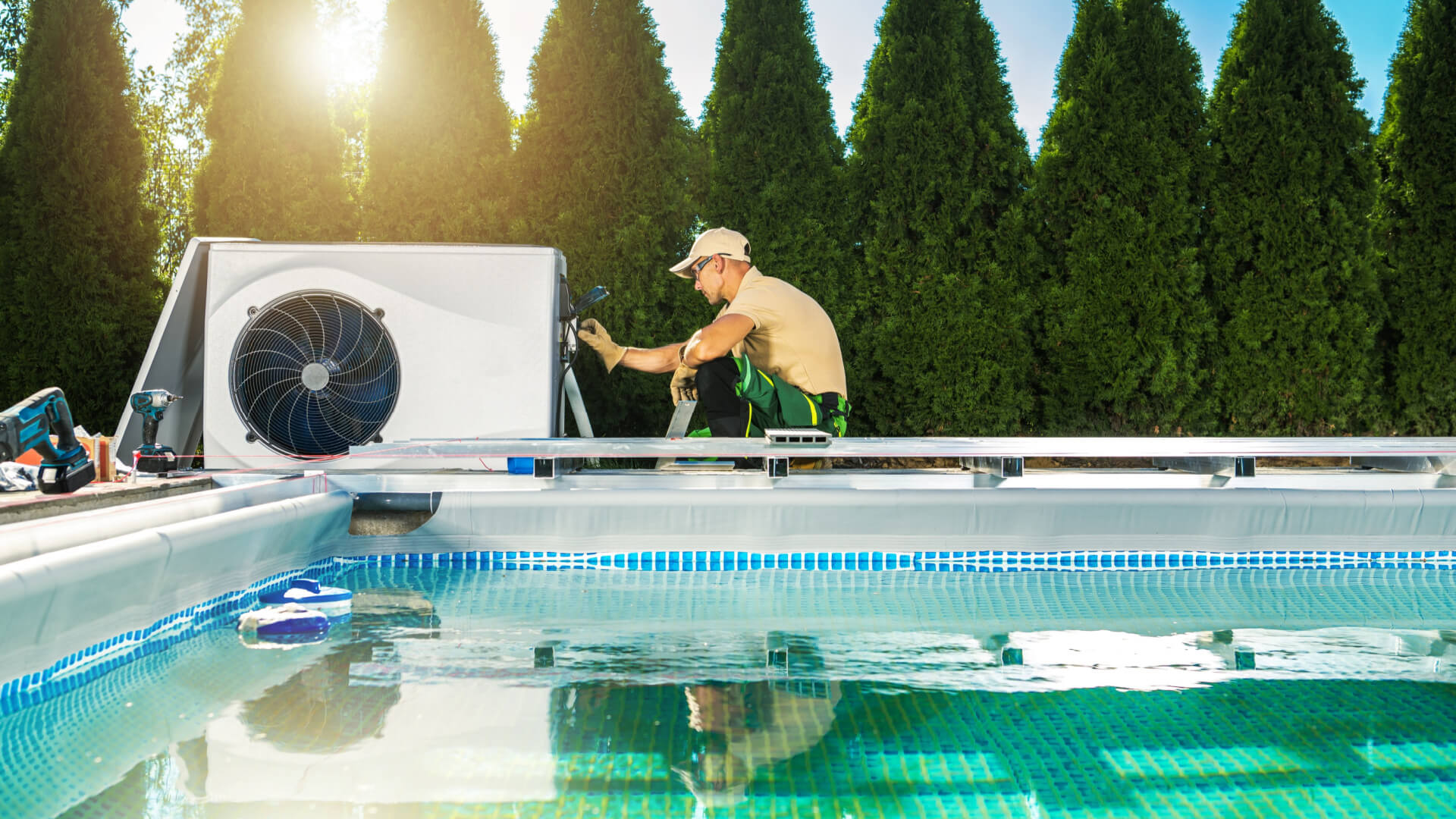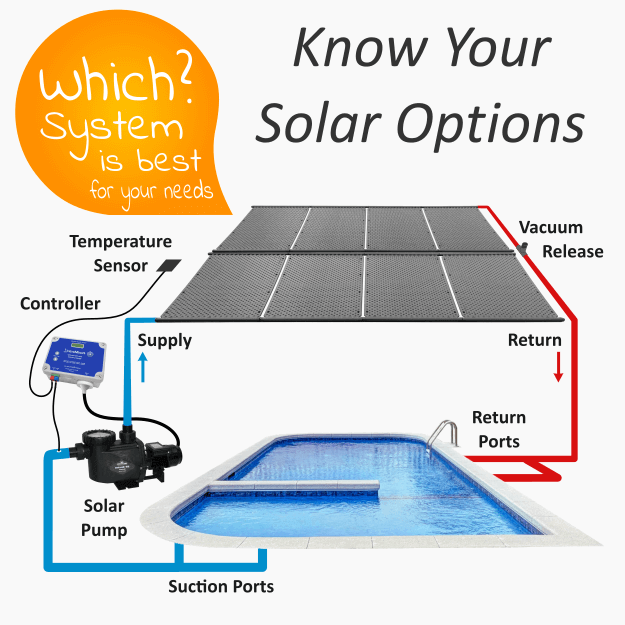Optimal Pool Heizen: A Guide to Heating Your Pool Efficiently
The Importance of Efficient Pool Heating
Ensuring that your swimming pool remains at a comfortable temperature is essential for enjoyment throughout the year. Efficient **pool heizen** not only enhances your personal comfort but can also extend your swimming season significantly. Different heating methods, from solar heaters to gas and electric systems, offer varying degrees of efficiency, cost-effectiveness, and operation. By carefully evaluating your specific needs and understanding the options available, you can keep your pool at an enjoyable temperature without incurring excessive energy costs.
Understanding Different Pool Heating Systems
When considering how to **heat your pool**, you typically have several options available. **Solar pool heaters** use renewable energy from the sun to warm the water, making them the most eco-friendly choice. These heaters typically result in significant savings on energy costs over time, although they require installation of solar panels and adequate sunlight to operate efficiently. On the other hand, **gas heaters** can quickly heat your pool water and are ideal for quick heating, but they often come with higher operational costs. Finally, **electric heat pumps** work by transferring heat from the air or ground to the water, offering a balance between efficiency and speed but requiring an initial investment.
Factors Influencing Pool Heating Efficiency
Determining your pool’s heating efficiency goes beyond just selecting a type of heater. There are various factors to consider such as ambient temperature, pool cover use, and even the size of your pool. A well-insulated pool cover can significantly reduce heat loss during the night, allowing you to maintain warmer water with less energy consumption. Additionally, the placement of the heater can affect its efficiency; ensuring it’s strategically installed can prevent unnecessary heat loss. By paying attention to these details, you can improve overall heating performance.
Moreover, regularly inspecting and maintaining your **pool heating system** will ensure that it operates at peak efficiency and can prolong its lifespan.
Comparing Costs of Pool Heating Solutions
When it comes to **heating your pool**, understanding the costs involved can help you make informed choices. Each heating system has initial installation costs, as well as ongoing operational costs that vary based on local energy prices.
Solar heaters usually have higher upfront installation costs but are often the cheapest to operate since they rely on free sunlight. Meanwhile, gas heaters have lower initial costs but can lead to high monthly utility bills if utilized frequently. Electric heat pumps fall somewhere in between, often requiring less upfront cost than gas heaters but more than solar solutions, all while being cheaper to run than gas under standard conditions. Analyzing these costs in the context of your local climate conditions is essential for making the right choice.
Calculating Your Pool Heating Needs
To ensure that you select an appropriate heating solution, it is crucial to calculate your specific **pool heating needs**. Various methods exist for this task, including determining your pool’s surface area, average depth, and desired temperature increase. Typically, energy consumption for heating a pool is measured in BTUs (British Thermal Units), providing a clear picture of how much heat will need to be supplied to maintain the desired temperature. A common formula to estimate the heating requirements of your pool is: BTU = Pool Volume (gallons) x Temperature Rise (°F) x 8.33.
Consulting with a professional can help you achieve accurate calculations and recommend an appropriate heating system based on your specifications and pool usage.
Keeping Your Pool at the Right Temperature
Consistency is key when it comes to **pool heating management**. Utilizing a **pool cover** can prevent evaporation and reduce heat loss during the night and cooler weather. It’s recommended to cover your pool whenever it’s not in use, significantly aiding temperature maintenance and reducing energy costs. Additionally, keeping your pool at a consistent temperature not only improves comfort but will also extend the life of your heating equipment.
There are automated options available that allow for temperature monitoring and control through mobile apps, thereby offering flexibility and ease in maintaining your pool’s climate.
Setting Up Automated Pool Heating Systems
Implementing an automated checkpoint for your **pool heating system** can greatly enhance efficiency and ease of maintenance. Smart thermostats can interface seamlessly with various plumbed heating solutions, allowing you to schedule heating events based on weather forecasts and expected pool usage.
Using these technologies, you can optimize the heating process and manage energy expenditures effectively. Consider looking for systems that feature real-time monitoring, so you can make adjustments at a moment’s notice, ensuring that your pool is always warm when you are ready to swim.
Maintenance Tips for Your Pool Heating System
Ensuring that your **pool heating system** runs smoothly requires regular maintenance. Routine checks on your heater not only boost efficiency but can also prevent costly repairs in the future. Start by ensuring that your pool filter is clean; a clogged filter can force your heater to work harder than it needs to. Additionally, inspect and clean the heat exchanger regularly. Any buildup or debris can hinder the heating performance and eventually damage the components.
Lastly, consider scheduling professional maintenance once a year to thoroughly check all aspects of the system, ensuring long-term effectiveness and durability.
Identifying Signs of Heater Malfunction
It’s vital to recognize early signs of a malfunctioning heating system to take corrective steps before problems escalate. If you notice fluctuating water temperatures or unusually high energy bills, these could be indications of poor heating performance or a defect in the system. Abnormal noises like rattling or hissing could also suggest underlying mechanical issues. Staying vigilant and addressing any irregularities promptly can prevent permanent damage and keep your heating system operating efficiently.
FAQ
1. What is the best pool heating method for colder climates?
In colder climates, **gas heaters** tend to be a popular choice due to their rapid heating capabilities. They can efficiently raise the temperature of pool water even in lower outdoor temperatures, making them suitable for seasonal use. However, if you’re looking for an eco-friendly option, consider a high-quality **electric heat pump**, as they can also maintain comfortable temperatures in cooler weather while being more energy efficient in moderate temperatures.
2. How can I reduce heating costs for my pool?
To reduce heating costs, invest in a **solar pool cover**. By minimizing evaporation and heat loss, these covers can save substantial amounts on energy expenses. Additionally, programming your heater to operate only during off-peak hours when electricity is cheaper can further enhance savings.
3. Do I need a permit to install a pool heater?
Yes, in most regions, installing a **pool heater** often requires a permit. Local laws and regulations governing pool installations vary widely, so it’s advisable to check with your municipality prior to installation to ensure compliance and avert any potential fines.
4. How often should a pool heater be serviced?
It’s recommended to have your **pool heater serviced annually**. Regular professional maintenance can ensure that the system is functioning effectively and reduce the chance of unexpected breakdowns during peak swimming season.
5. What temperature should I keep my pool heated to?
The optimal **pool water temperature** for comfort is typically between 78°F and 82°F. Professional swimmers may prefer slightly cooler water, while families may find warmer temperatures more enjoyable. Ultimately, the desired temperature can vary based on personal preference and local climate conditions.
6. Are there energy-efficient pool heaters available?
Absolutely! Many **energy-efficient pool heaters** are available today, such as solar heaters and electric heat pumps, both of which utilize renewable energy or leverage low energy consumption technology to minimize operational costs while maximizing performance.
7. Can I convert my gas heater to an electric heater?
Yes, you can convert your gas heater to an electric version, but it typically involves the replacement of the heater unit and may require new electrical installations based on the power demands. It is advisable to consult with a qualified heating professional to evaluate the feasibility of this conversion and ensure safe installation.
### Key Takeaways
– Efficient pool heating extends your swimming season and enhances enjoyment.
– Consider the various heating options available, such as solar, gas, and electric heaters.
– Calculate your specific heating needs to choose the right system for your pool.
– Regular maintenance and smart heating strategies significantly improve efficiency and reduce costs.
If you’re looking to implement these practical tips for an effortless **pool heizen**, begin today by assessing your pool’s current heating system and exploring the options best suited to your lifestyle and environment!
